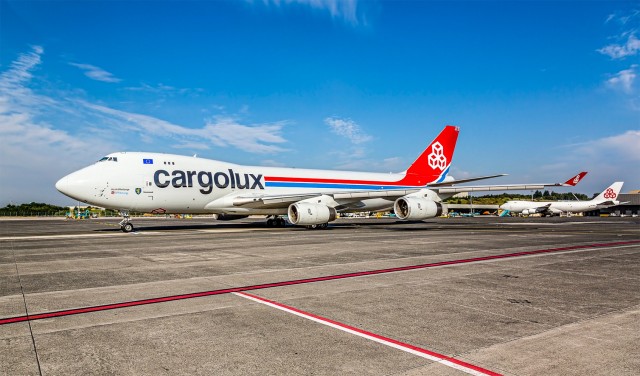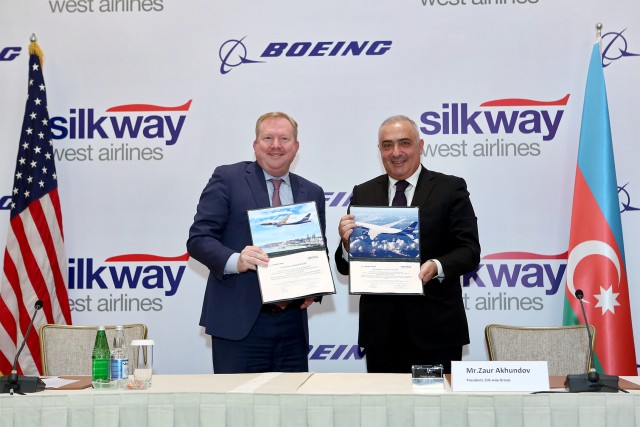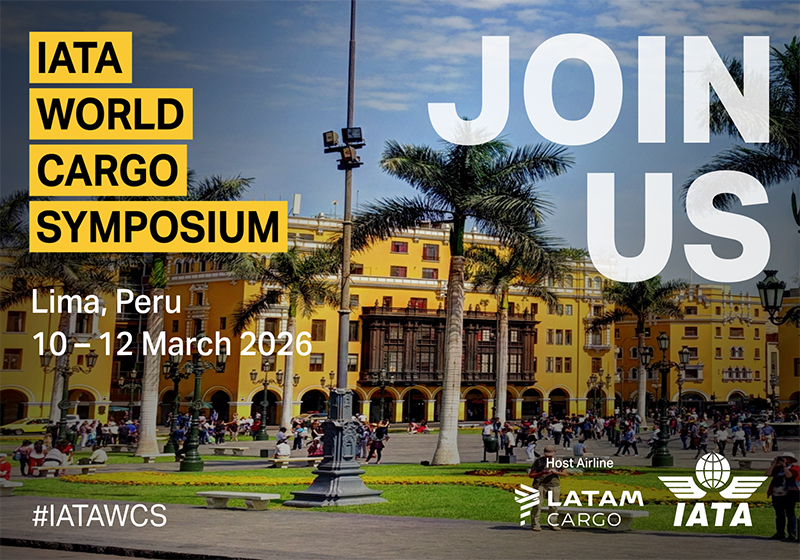The year 2020 proved to be an exceptional year for the Cargolux Group, which celebrated its 50th anniversary at the same time. Cargolux earned a net profit after tax of USD 768.7 million with an EBIT margin of 31.3%. Cargolux’ Balance Sheet was further strengthened by the result achieved. 2020 was marked by the outbreak of the COVID-19 global pandemic that heavily impacted the aviation industry, including air cargo.
The outlook for the year was originally quite bleak with production halted in China, due to the outbreak of what ultimately resulted in the Covid-19 pandemic. The situation resulted in a significant shortfall in available air freight capacity due to the grounding of most, if not all, long haul passenger operations.
Cargolux played a key role in delivering essential supplies throughout the COVID-19 crisis, alleviating the void left by grounded passenger aircraft and keeping supply chains moving. Cargolux continuously navigated changing restrictions worldwide to respond to market demand. Cargolux is currently (in 2021) ranked fourth in IATA’s ranking of the world’s top 25 international scheduled cargo carriers.
The emergence of the COVID-19 pandemic highlighted the importance of air cargo in the global supply chain. True to its flexible and agile processes, Cargolux strived to respond to the increased demand worldwide. The company adapted its network to optimize its services and operate according to global market needs. The airline’s dedicated 747 fleet proved to be a strong asset in an operationally challenging year. Demand for charter services also remained strong throughout the year.
Cargolux is strongly committed to establishing itself as a socially, environmentally, and financially sustainable operation. As an energy-intensive industry, air cargo has recognized its responsibility and strives to mitigate the effects of its operations. Reduction of CO2 emissions is a primary focus of the airline in its efforts to establish a greener and leaner operation. Through increased efforts and drive, the carrier managed to improve its fuel efficiency by 3% in 2020 despite increased activity throughout the year.
Over a year after the initial outbreak, the Covid-19 pandemic is still not behind us and much uncertainty remains as to the evolution of the virus and the pace and effectiveness of vaccination programs.
This development would indicate that the supply chain will continue to need to rely on freighters to keep logistics chains running as the bulk of long-haul passenger aircraft remain grounded.






